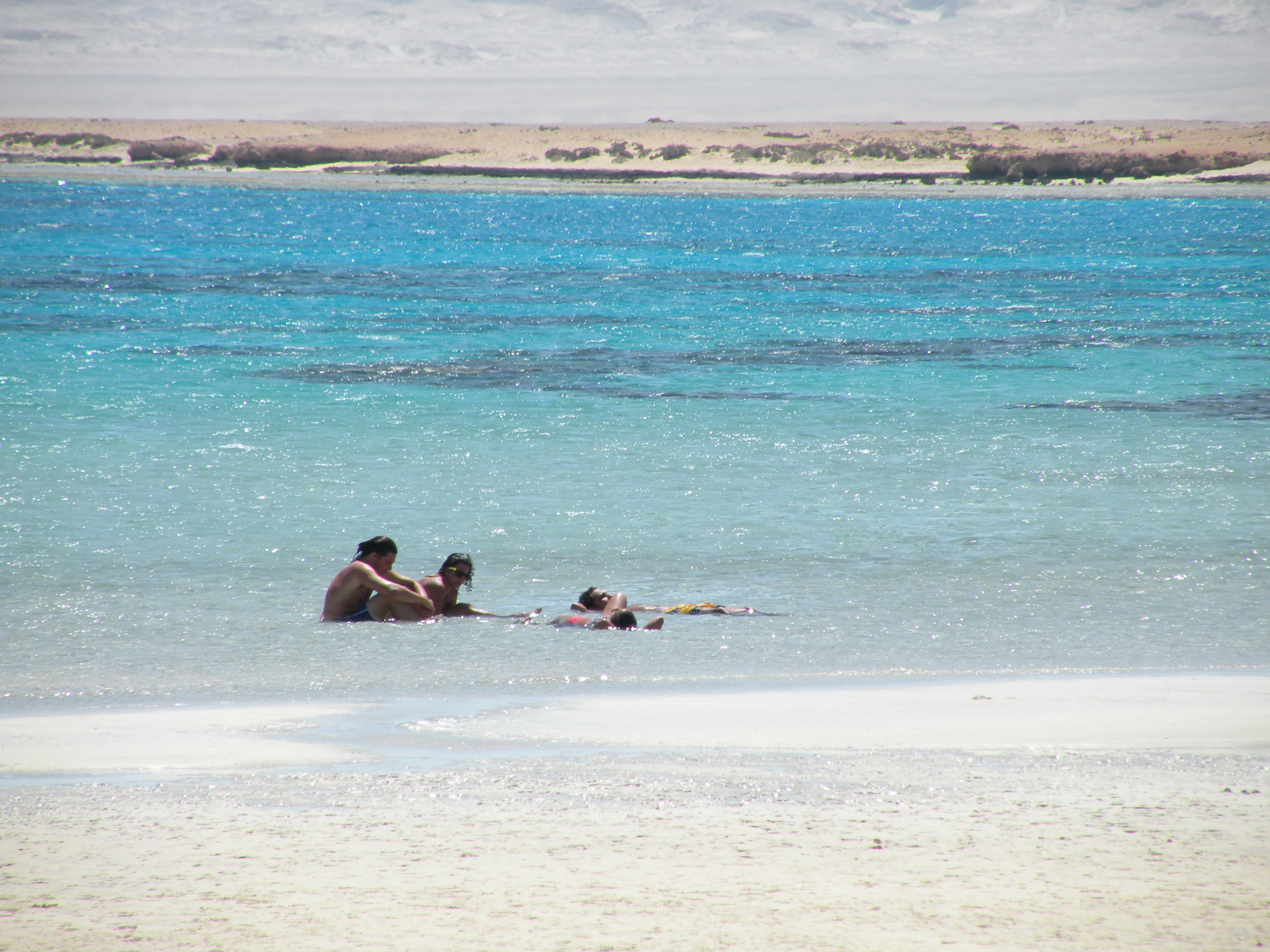Why, oh, why me? is a common theme of Persian poetry, and complaining about the disfavor of the stars is a general Iranian art form. There is no dearth of evidence in Iranian history for this attitude. King Xerxes was probably the first to complain about his Persian luck when a tempest sank his armada off the coast of Magnesia in the 5th century BC.
Fortuna was looking the other way 1,100 years later when the Persian Empire lost a decisive battle against Muslim Arabs with a tough wind on their back. And appearing to help Iran s enemies with hurricanes and sand storms, the heavens seem unforgiving of the slightest Iranian ineptitude. All it took was one lapse from a careless Shah and the Mongol steamroller stopped its westward march to turn South, literally flattening Iran s thriving 13th century civilization.
And it s even more unfair when Iranian leaders act correctly only to be tricked by the law of unintended consequences. About 30 years ago, Iran s first post-revolutionary prime minister, Mehdi Bazargan, obtained the blessings of Ayatollah Khomeini for a fairly secular and democratic constitution.
But Bazargan, the inveterate liberal optimist, could not leave well enough alone. He insisted on ratification of the constitution by a democratically elected Assembly of Experts. To Bazargan s dismay, a loud right-wing cabal took over that elected body and transformed the democratic constitution into a blueprint for a semi-theocratic system.
The troubled history of the Islamic Republic is largely due to its flawed constitution, which privileges unelected theocrats over democratically elected leaders. The scion of genuine democratic sentiments, Iran s undemocratic constitution, is evidence of the importance of historical accidents in Iranian history.
For all their complaining, Iranians are also good at seizing the moment on rare occasions when their stars do line up. It is well known that the political idealism of Ayatollah Khomeini was the reason Iranians continued to fight against Iraq years after it was clear that they could not prevail.
Khomeini inveighed against negotiating with the world arrogance odiously represented by Saddam. It was a brilliant stroke of good luck that Khomeini did not die in the middle of the 10-year war in the 1980s. The charismatic leader lived just long enough to drain the chalice of poison (his poetic allusion to accepting the UNSC 598 Resolution) that ended the hostilities in August 1988.
By quaffing that cup, Ayatollah Khomeini became the universal symbol for the triumph of realpolitik over the ethics of ultimate ends. Iranians had made the best of their good fortune that came in the guise of capitulation and defeat.
In the summer of 1988, it became suddenly clear that theocracy was an optical illusion; that Iranians (not cosmic misfortune or invisible foreign hands) were the authors of their own woes. It was Ayatollah Khomeini s turnabout that put the reformist cadre elite of the revolution on the path of disestablishment, democracy, and normalization of Iran s international stance.
What Iranians learned about the inadvisability of mixing religion and politics at the conclusion of the Iran-Iraq War could never have been taught by preaching secularism to dissident groups in clandestine workshops. Nor could it have come out of the barrel of invading armies of liberation. Of course the current frame of the Islamic Republic, like any empowered political system, is obdurately resistant to reform. But the fact remains that the post-war period in Iran has been a time of sobriety and intense collective learning.
The current penchant of Iranians for democracy is the result of their matriculation in the school of hard and very expensive knocks.
The key now is to stop supporting the Iranian right wing s vision of the world where external enemies lurk behind all of Iran s problems. Those supporting any future military intervention by the United States must realize that foreign bombs will not only destroy suspected nuclear sites and kill Iranians but also anger all of Iran. The day streaking missiles and invisible bombers crowd the Persian sky might also be used as an excuse to crush the reform movement. But the main danger of a massive military strike is that it will wipe out the dialectic of Iran s indigenous collective learning and set the clock back to the fearful and pessimistic mindset of the late 1970s.
Ahmad Sadriis professor of sociology and James P. Gorter Chair of Islamic World Studies at Lake Forest College in Chicago, Illinois. This article was written for the Common Ground News Service (CGNews) and can be accessed at www.commongroundnews.org.

